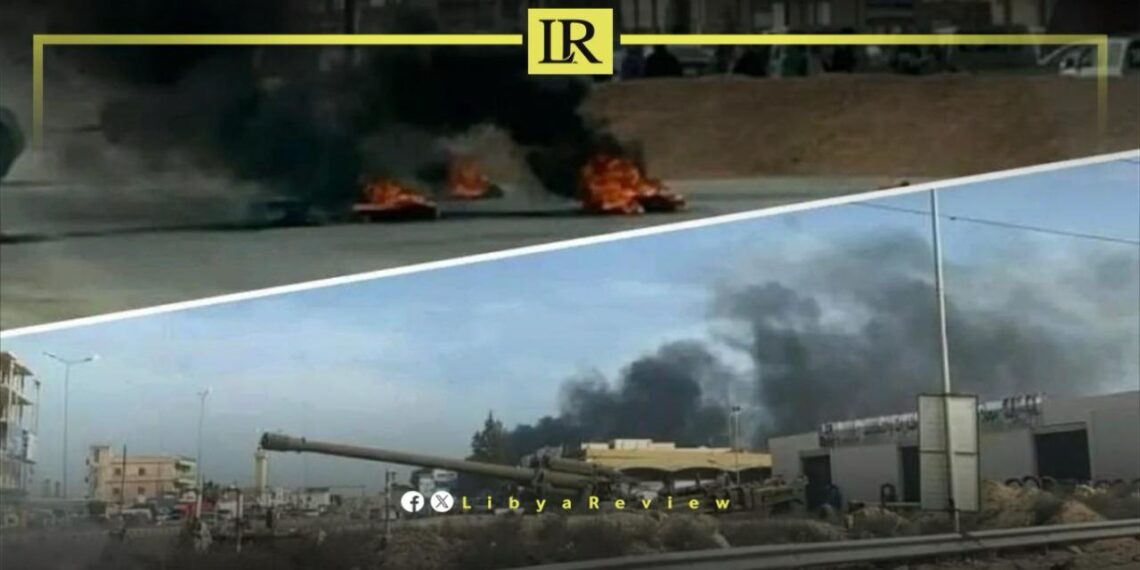Following intensified clashes between armed groups in Al-Zawiya, located in northwest Libya, Osama Hammad, the Prime Minister of the Libyan Government-designate, called for an immediate ceasefire and urged parties to resort to official state institutions.
Through a statement on the X platform, Hammad expressed his concern over the ongoing armed confrontations in Al-Zawiya, which involved the use of heavy and medium weaponry and led to several deaths and injuries.
Hammad appealed to all armed factions to cease fire immediately and engage with the official state apparatus to resolve their disputes.
The call for peace comes in the wake of clashes triggered by the injury of two individuals from the Harsha area of the city, involving unidentified armed groups, according to Libyan television reports.
The Emergency and Ambulance Service issued a warning for travelers on the coastal road near Al-Zawiya to exercise caution due to the ongoing clashes.
Osama Ali, a Spokesperson for the Emergency and Ambulance Service, called on the Ministry of Interior of the Government of National Unity (GNU) to intervene and halt the violence in Al-Zawiya, advising those intending to use the coastal road to take alternative routes.
Al-Zawiya, a city teeming with armed groups, frequently witnesses clashes. Last month, similar confrontations occurred between the Abu Ras and Al-Qasab militias, two of the largest factions controlling the city and stationed within it.
This military tension serves as a stark reminder of the potential for armed escalation among competing factions at any time. This occurs amidst the ongoing political stalemate and the struggle to find a solution to the country’s crisis and division.
The inability to control various security forces and armed groups in the west of the country reflects poorly on the ongoing efforts to create a secure environment conducive to holding elections. It underscores the urgent need for the establishment of unified military and security institutions in Libya.
To date, Libyan leaders have yet to reach agreements that would lead to elections and the establishment of a legitimate authority. They are hindered by disagreements over the roadmap to a solution and the constitutional basis regulating the electoral process and candidacy conditions. This is further complicated by the ongoing government and administrative divisions and the continuous struggle for power and wealth.


